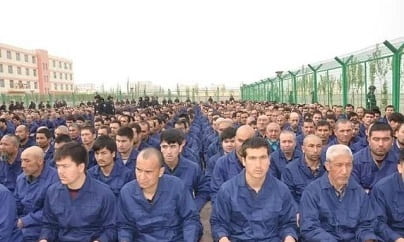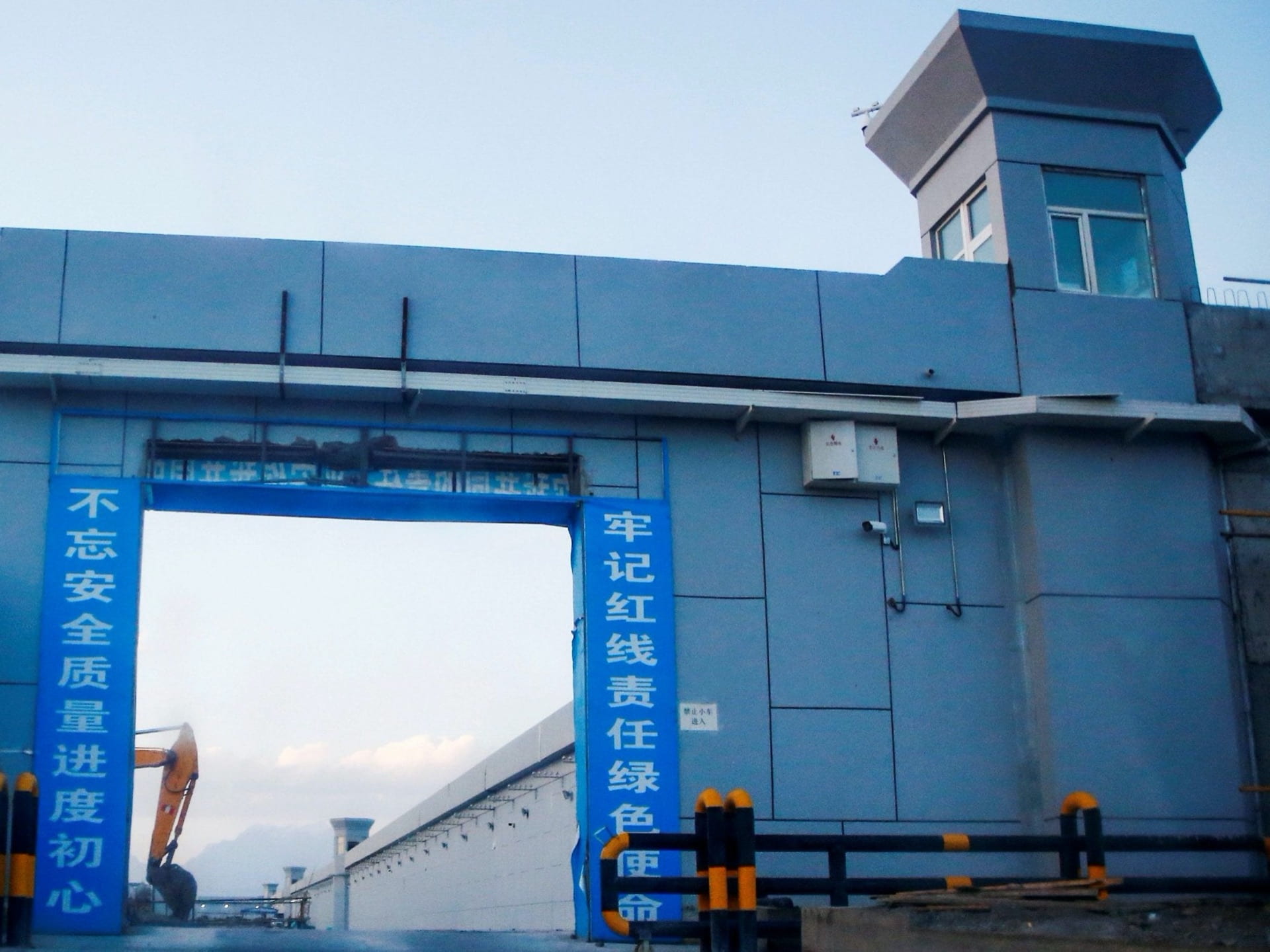
For the past several months, the plight of the Uighur Muslims (pronounced wē-ˌgu̇r) has been covered extensively in national and international news. Under the guise of counterterrorism, the Chinese government has been holding the Uighur in detention camps. While the detention of the Uighur is in and of itself a human rights violation, the torture and inhumane treatment that they experience in these camps has been the greatest cause for concern for human rights activists. Undeniably, the detainment and treatment of the Uighur is concerning, but the counterterrorism measures taken by the Chinese government are just as concerning; not only are they arguably ineffective for decreasing the likelihood of attacks, but they also could inadvertently lead to an increase in radicalization.
Background
The Uighur are a Muslim, Turkish-speaking minority group who make up less than 1 percent of the Chinese population, or around 11 million people. Xinjiang, the province in which the majority of the Uighur live, was annexed in 1949 and has been under China’s control since. While the Uighur have historically been subject to discrimination by the Chinese government, this discrimination increased when the Chinese government formally identified the Uighur as a threat to security in China. It is irresponsible to claim that all Uighur are a security threat, but there have been attacks carried out by Uighur militants in China; the Turkistan Islamic Movement, an extremist Islamic group founded by Uighur militants, has carried out more than 200 attacks with the goal of creating an independent state for the Uighur. While the Chinese government has an obligation to protect the citizens of China, this does not justify the Chinese government’s discrimination against and detainment of the Uighur.
Measures taken by the Chinese Government
China first began its crackdown on the Uighur in 2017, when men were prohibited from growing long beards, women were prohibited from wearing the niqab, or the face veil, and several mosques were demolished. Further, the government began using face recognition technology and phone monitoring to track the Uighur. However, the Chinese government took the most drastic measures a few months ago, when over a million Uighur were detained and placed in camps. When reports first began to emerge on the mass detention of the Uighur, the Chinese government claimed that the camps were solely vocational training centers. However, this past November, leaked governmental documents proved that the camps were built to be re-education centers in which the Uighur are forced to renounce their religion and language, or simply put, their identities.
The Camps
The purpose of re-educating the Uighur is highlighted throughout the leaked documents, wherein it is made clear that they must not only renounce their previous beliefs and traditions but must also accept and adhere to the new beliefs they are indoctrinated with. Thus, the process of indoctrination is twofold; first, the Uighur are forced to admit that their belief in Islam is illegal, criminal, and dangerous, highlighting the negative views the Chinese government holds towards Islam, and second, they are forced to pledge allegiance to President Xi Jinping and the Communist Party. In an interview with Uighur-American lawyer and human rights advocate Nury Turkel, the Intercept details the methods used to ensure the success of the re-education process. Based on testimonials of people who have fled the country, the process includes starvation, sterilization, torture, rape, and even killing. According to Turkel, this is all done to eradicate the Uighurs’ religious and ethnic identities, as these identities are perceived as signs of disloyalty to the Chinese government.

The Wrong Approach
While measures must be taken against any group of people who pose a security threat to a country, the methods used by the Chinese government are inhumane. After the vast number of attacks carried out by Uighur fighters, it is understandable that the Chinese government should attempt to deter future attacks from happening. However, the methods that have been implemented are not only violating innocent people’s basic human rights, but they may also have the reverse effect. There are examples that have occurred elsewhere that can be used to highlight this. First, Tajik officer Gulmorod Khalimov, who made headlines after he left the Tajik army to join ISIS. He explained that he made this decision after he was exposed to anti-Muslim rhetoric during his anti-terrorism course training in the United States, illustrating that a harmful or negative rhetoric about Muslims, similar to the one currently being propagated in China, can lead to and encourage radicalization. Second, when David Cameron, previous British Prime Minister, announced his plans for cracking down on extremists in Britain, the Muslim Council of Britain argued that this would only push people further towards radicalization, noting that the “problem is the constant talk of legislation, harassment, and monitoring… [which] is what’s leading young people towards radicalism.” This is another instance that exemplifies the faulty approach taken by the Chinese government; when stringent measures are taken, such as monitoring and detainment in the case of the Uighur, there can be the unexpected outcome of increased extremism.
The Chinese government claims that they have detained the Uighur to prevent terrorism and extremism, but the methods used are neither humane nor effective. While there need to be measures taken to guarantee the safety of the citizens of China, there are many other methods that can be utilized to achieve this. Further, if the Chinese government does indeed want to address this problem, an approach that does not involve stigmatizing a whole ethnic group and religion is the only way to effectively do so.
